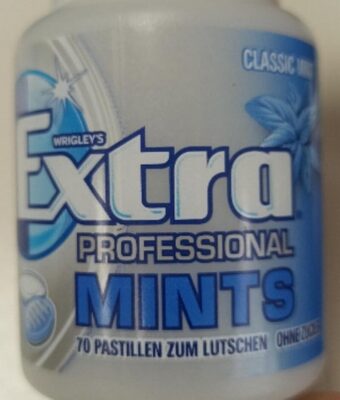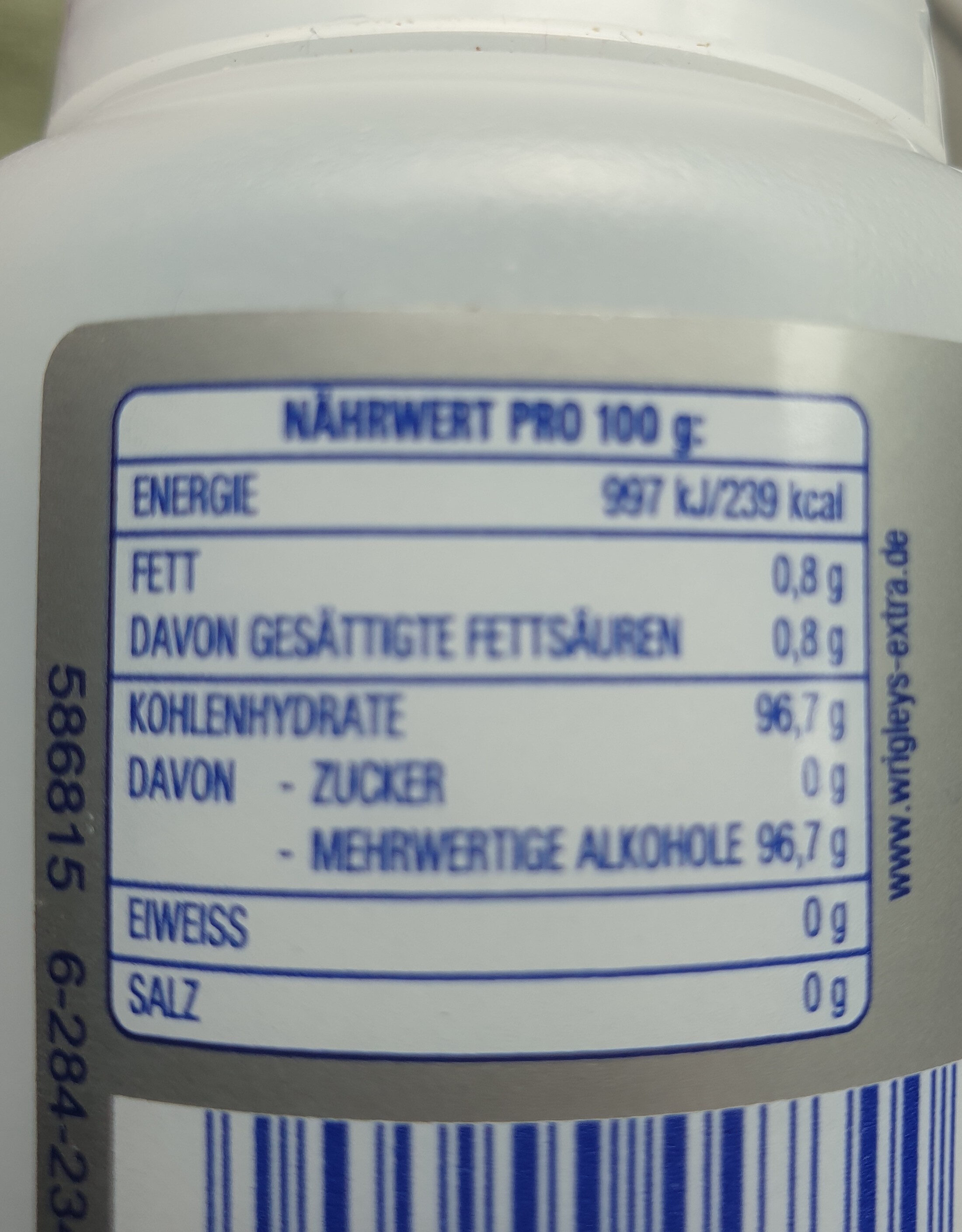Wrigley's Bonbons - 77g
This product page is not complete. You can help to complete it by editing it and adding more data from the photos we have, or by taking more photos using the app for Android or iPhone/iPad. Thank you!
×
Barcode: 4009900447300 (EAN / EAN-13)
Quantity: 77g
Packaging: Hdpe-tub
Brands: Wrigley's
Categories: de:Lutschpastille, de:Pastill
Countries where sold: Germany
Matching with your preferences
Environment
Packaging
Transportation
Report a problem
Data sources
Product added on by openfoodfacts-contributors
Last edit of product page on by duhowpi.
Product page also edited by autorotate-bot, boover27, donalduck, elcoco, inf, kiliweb, marbraorama, prepperapp, scanbot, swipe-studio, tacite-mass-editor, yuka.Ry9rOEFMVUloOW9Pa00wRTRqVEV4TzVvbUtXMlRVaXhGczlKSUE9PQ, yuka.SGJrZEd2b0wvTUVIbnNFUjF3amJ4ZXd1eXArS1lrcTljdGM0SUE9PQ, yuka.WGFVUkZiWXg5dG80dy9Bai9FeUZ5TzVLKzhiMVJ6cXBBck00SUE9PQ, yuka.WTdBK05QVlFoZHNJaTlvNDN5clErZGd1eDgrM1htS3hkZTQzSVE9PQ.









